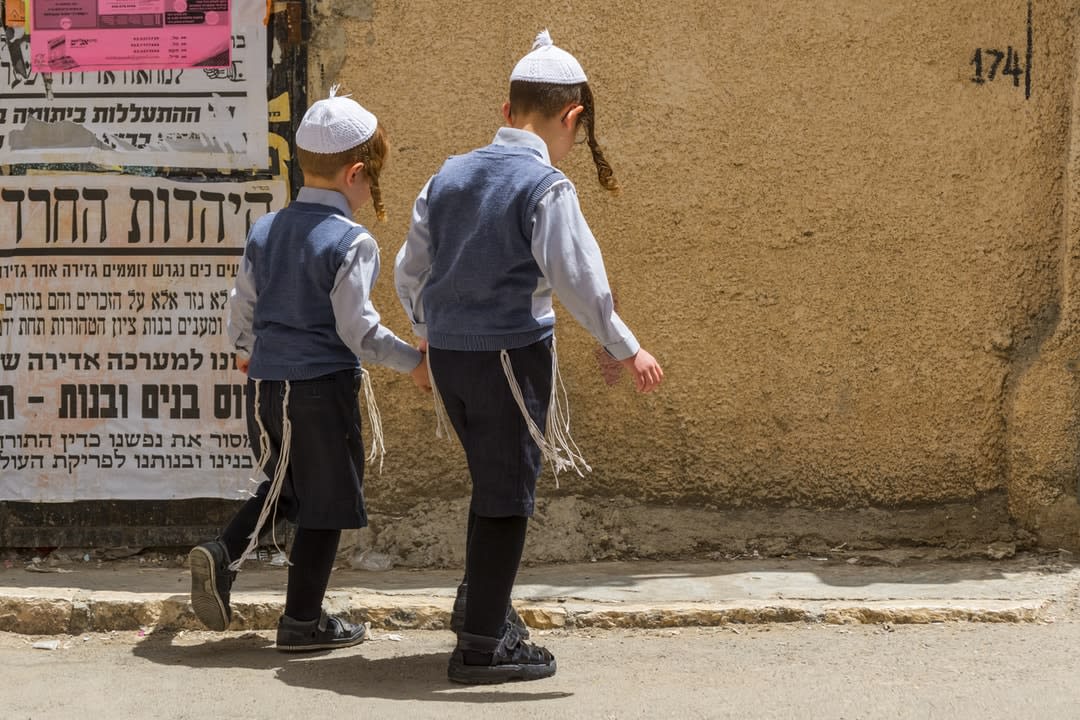The Malka Leifer case, which involves the alleged sexual abuse of multiple female students by the headmistress at the ultra-orthodox Adass Israel School in Melbourne, Australia, has provoked global attention. In late January 2021, she was finally returned to Australia to stand trial after the Israeli Minister for Justice approved an order for her extradition.
That extradition order, following enormous legal delays, including 74 court hearings over more than six years, can be attributed at least in part to the actions of the high-profile Bring Leifer Back campaign orchestrated by three of her alleged victims – Dassi Erlich and her two sisters, Nicole Meyer and Elly Sapper.
The campaign attracted almost universal support from the Australian Jewish community, which was incensed by the procrastination of the Israeli justice system, and ardently committed to achieving legal justice for the victims.
Much of the Australian Jewish discourse was vigorously critical of both the Israeli legal and political systems for failing to expedite the case. For example, an October 2019 editorial in the Australian Jewish News robustly censored the Israeli judiciary and the Israeli government.
The frustration of the grassroots community was also reflected in public protest petitions and alleged threats to withhold charitable donations to Israel.
This frustration was shared, and further expressed by national community leadership bodies such as the Zionist Federation of Australia, the Executive Council of Australian Jewry (ECAJ), the Australia/Israel and Jewish Affairs Council, and state-based bodies such as the Jewish Community Council of Victoria, and the New South Wales Jewish Board of Deputies.
The first three groups forwarded a joint letter to Israel President Reuven Rivlin in March 2020, expressing outrage at what they labelled “notorious” aspects of the case.
Read the article by Philip Mendes and Marcia Pinskier in the Monash University Lens.

